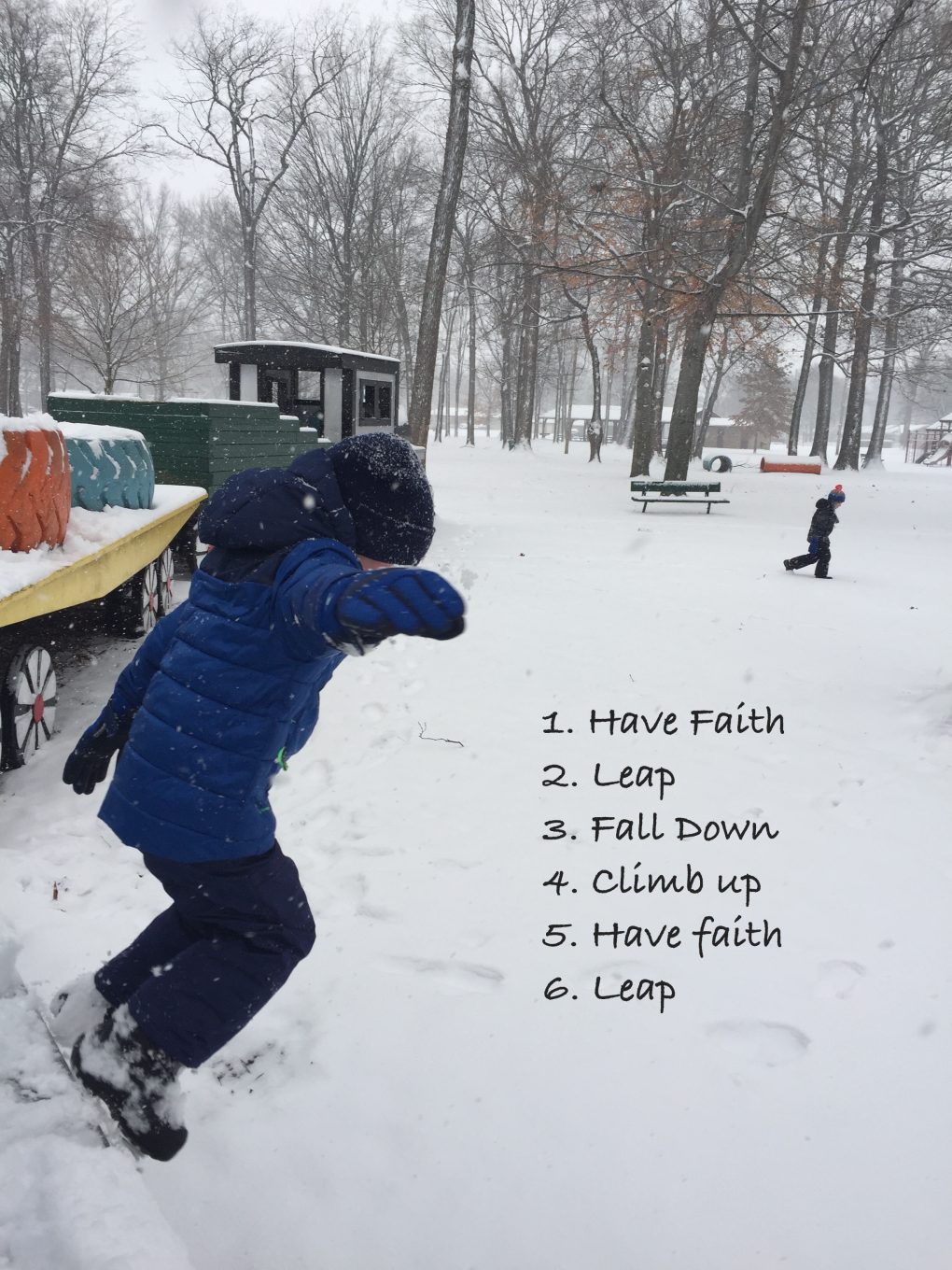Forgiveness Restoration (it just might work)
The Foundation. Life ain’t easy. I believe I’ve mentioned that in previous posts. This is a reminder.
One of the not easy things about life is the regulation of emotions during energized and high stakes moments. It’s tough to think clearly, act on a foundation of logic, or communicate effectively when the world spins faster than normal or on a distorted axis. It’s confusing when the figurative seems literal, and confusion isn’t a friend to reason.
Making matters worse is relativity. Each of us has a personalized capacity for emotional regulation. That capacity within each of us is complex and nuanced, it’s built on a foundation of our life experiences, our genetic codes, and the right-feeling but often inexplicable choices we each make along our beautiful but often peculiar journeys.
The Strategy. Each of has a unique capacity for emotional regulation, slightly or even extremely different from that of others. Each of us also has a unique take on “energized and high stakes.” What might seem to be a simple emotional challenge with an obvious regulatory solution to you might be particularly problematic to me. What might seem no big deal to me could be dreadful and treacherous to you.
For that reason it’s critical that we forgive one another when emotional regulation doesn’t come easy, and we must do so with authenticity and as much frequency as needed.
We may not understand why people act or react in the ways they do. Again, our capacity for emotional regulation is indelibly tied to who we are, and we’re all a bit different (if not more than a bit).
Understand or not, we are all best served when we promote growth in one another. All of us are better off when we surround ourselves with progressive, broadminded people, who believe that we’re on learning journeys and not fixed in stagnation.
When we forgive, we maintain that change is feasible. When we forgive we encourage development and simultaneously reject judgment and blame.
Like with life itself, it ain’t easy to forgive people who struggle with regulating emotions during energized and high stakes moments, whether or not we see the moments through similar lenses.
However, as difficult as it is to forgive others in these situations, it’s significantly more difficult to forgive ourselves, and when we can’t do that, the ensuing self-judgment and self-blame is prone to stifle our own growth. Forgiving others is important. Forgiving ourselves is essential.
In order to forgive we need to accept that at times holistic emotional regulation is darn tough to achieve (aka not easy). We get sad, we get frustrated, and we even get angry. We have to process these emotions in our unique ways and in due time. It’s natural. The question becomes, what can we do when regulation isn’t an option? I would suggest that the answer is restore.
Forgiveness restoration is a strategy that enlists momentary failure to regulate as a catalyst to ongoing learning and growth with regard to restoration. It allows us to feel comfortable in our human-ness, to take our time, and to come around to calm and focus as a result. What happens in between will be different in every situation, and that’s ok.
The bottom line is that when you find yourself in a place you don’t want to be (which we all tend to do from time to time), you don’t have to stay there. Forgiveness restoration can help.
I believe it can be done through the most benign and the most punishing emotional challenges. Again, not easy, but I’d ask you to consider that the more you do it, the better you’ll become.
We live once (as far as I know), we should seek to find peace and joy as much as possible.
The Challenge. Try it. Try it at least once. Make it a real, authentic, wholehearted try. You might find yourself resisting. Don’t give in. Just once. If you like it, and if it works, try it again. If you get any better at restoring yourself to focus and calm as a result, keep trying it until it becomes a habit.
Forgiveness restoration, it ain’t easy, but it just might work.
Live. Love. Listen. Learn. Lead. Thanks.

Amen❤️
🙂